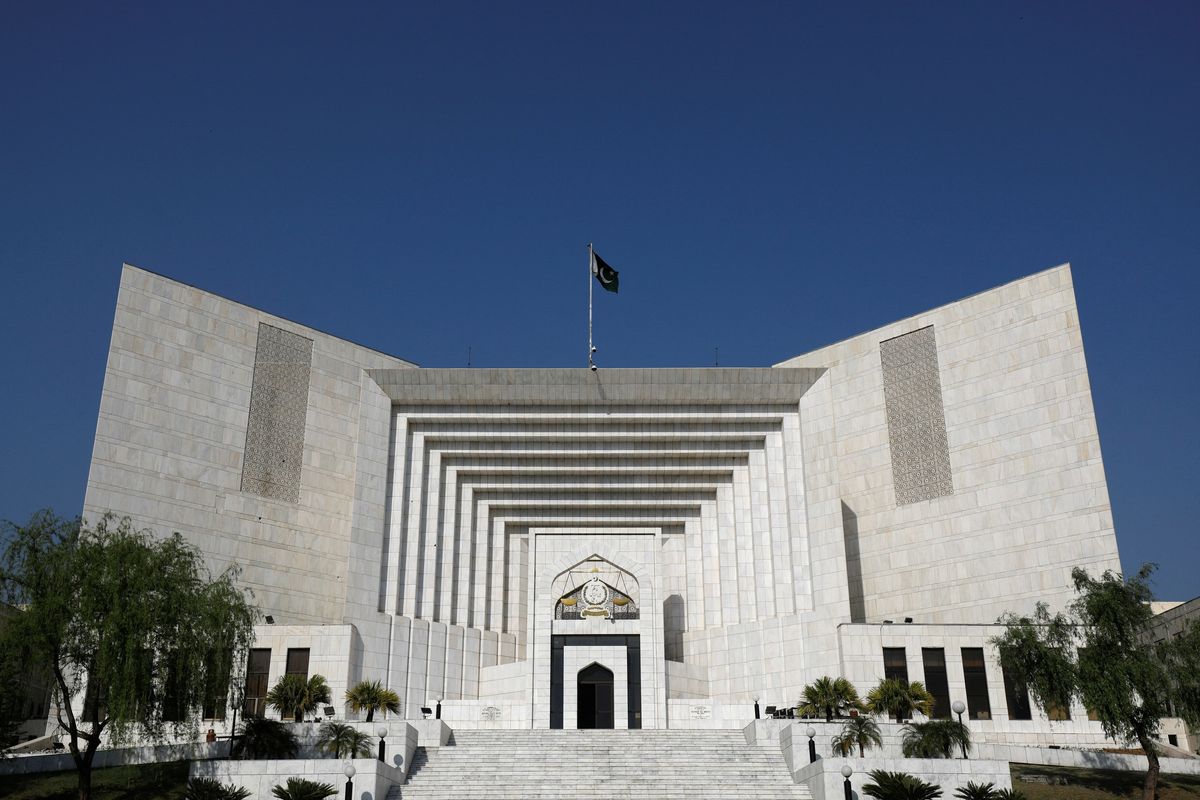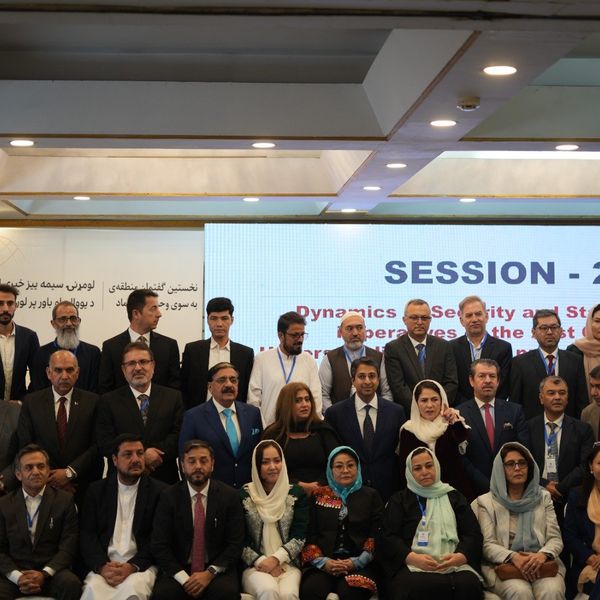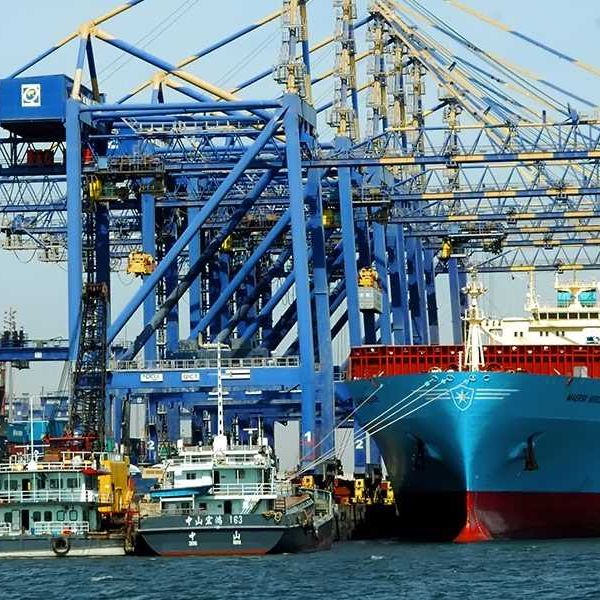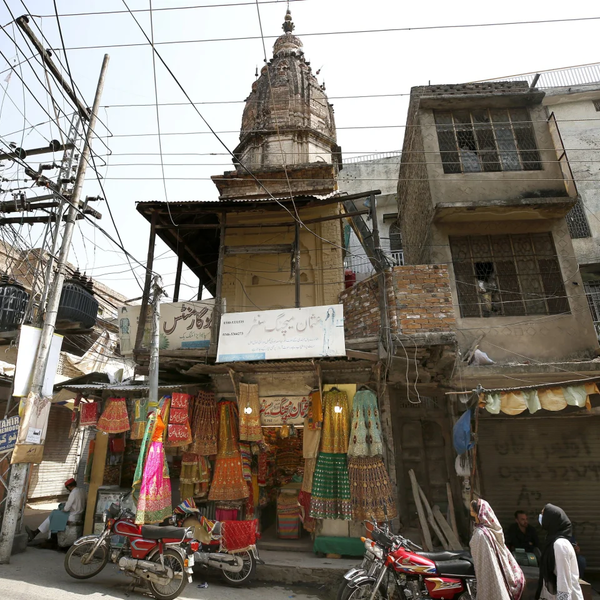Pakistan's top court outlines limits of jurisdiction in PTI reserved seats case
Supreme Court says earlier relief to PTI on reserved seats exceeded its constitutional authority

Aamir Abbasi
Editor, Islamabad
Aamir; a journalist with 15 years of experience, working in Newspaper, TV and Digital Media. Worked in Field, covered Big Legal Constitutional and Political Events in Pakistan since 2009 with Pakistan’s Top Media Organizations. Graduate of Quaid I Azam University Islamabad.

Pakistan’s Supreme Court has issued its detailed judgment on review petitions in the case of reserved seats for women and minorities, ruling that its earlier decision granting relief to Pakistan Tehreek-e-Insaf (PTI) went beyond the court’s constitutional authority.
The judgment declared that Article 187 of the Constitution, which allows the Supreme Court to exercise powers to ensure “complete justice,” could not apply in this case because PTI was not a party to the original proceedings.
The court held that relief had been extended to a political party that neither appeared before the bench nor filed a petition—placing the earlier ruling outside the Court’s jurisdiction.
What’s the case?
The dispute over reserved seats arose when the Sunni Ittehad Council (SIC) petitioned the top court after the Election Commission of Pakistan (ECP) refused to allocate it reserved seats, citing the party’s failure to submit a priority list of candidates ahead of the elections. The matter reached the Supreme Court through an appeal under Article 185 of the Constitution.
Initially, a Supreme Court ruling set aside the ECP’s rejection and effectively granted reserved seats to PTI-backed independents who had joined the SIC, strengthening PTI’s parliamentary presence. However, the new detailed judgment has overturned that relief.
Key findings in the detailed judgment
The court outlined seven undisputed facts that formed the basis of its review:
1. SIC was not entitled to reserved seats, and its appeals were unanimously dismissed.
2. Despite this, the central judgment extended relief to PTI, which was never a party to the case.
3. PTI could have chosen to formally join the review proceedings but deliberately refrained from doing so.
4. At no stage before any forum was PTI a petitioner, therefore the relief granted in the original judgment could not stand.
5. The Supreme Court never barred PTI from contesting elections.
6. None of the 80 independent candidates who later joined PTI claimed entitlement to reserved seats.
7. The ECP had allocated reserved seats to other parliamentary parties, but this was overturned in the main judgment without giving those parties a hearing - contrary to law and principles of justice.
Court’s reasoning
The Supreme Court stressed that its extraordinary powers to do “complete justice” could only be exercised if PTI itself had been before the bench. Since no PTI petition regarding reserved seats was pending, the court could not lawfully extend such relief.
The judgment concluded that the earlier decision to de-seat members already declared successful on reserved seats was unconstitutional, as it directly impacted political parties that were never given a hearing.
Wider political context
The issue stems from the 2024 general elections, in which dozens of PTI-backed independent candidates won National Assembly seats before joining the SIC in an attempt to claim reserved seats for women and minorities. The ECP dismissed the SIC’s claim, ruling the party ineligible for failing to submit candidate lists on time, and redistributed those seats among other parliamentary parties.
PTI argued that the move reduced its representation in Parliament, leading to the earlier Supreme Court judgment that temporarily granted it relief through the SIC platform.
With the new detailed review judgment, however, the court has restored the ECP’s original allocation of reserved seats to other parliamentary parties—reversing the gains previously extended to PTI.










Comments
See what people are discussing